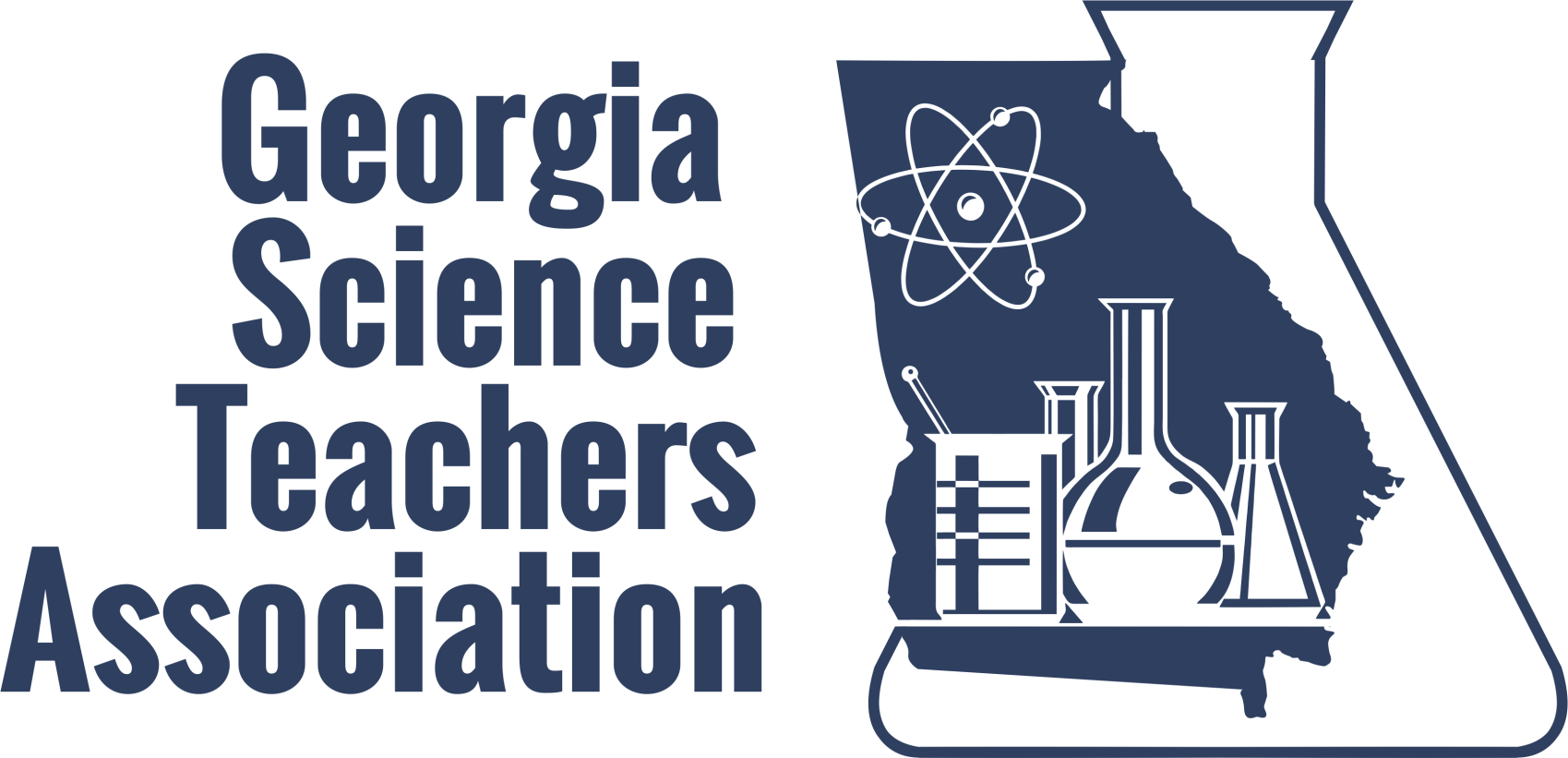During our recent conference, the GSTA board learned that GaDOE is preparing to begin the process of reviewing and revising Georgia's science standards. We welcome this news, and we plan to make every effort to ensure that this process reflects extensive input from our members and that it is grounded in science education research. The first step in the standards revision process will be a survey of all science teachers to gather feedback on our existing standards. You should receive the survey by April of this year, and it will ask for specific feedback on our existing standards and general input on the direction of the revision process. Teachers will be able to give feedback on single or multiple courses, based on their particular background and expertise. In an effort to reach all Georgia science teachers, you may receive the survey notice multiple times. Surveys will be distributed primarily through RESAs and GYSTCs, GaDOE will distribute the survey to their contact list, and GSTA will forward all announcements to our entire contact database. This survey is critical as it will provide guidance for the teams of teachers and other stakeholders that will be convened by GaDOE to revise the standards.
GSTA urges you to participate in the survey and, more specifically, to reflect the research-based, three-dimensional approach to science learning. This approach, laid out in A Framework for K-12 Science Education and modeled in the Next Generation Science Standards (NGSS), seeks to engage students in science and engineering practices (e.g., engaging in argument from evidence) while simultaneously learning and applying core ideas (i.e., content standards) and crosscutting concepts (i.e., big ideas like patterns or structure & function). This 3D approach already is being promoted by our GaDOE Science Program Manager within the context of our existing standards, and it aligns to the goals of the new Milestones assessment system. This standards revision process represents an opportunity for GSTA to act on our position statement regarding the Framework and NGSS and, more importantly, an opportunity to improve the depth and quality of science education for all of Georgia's students. In preparation for the survey and revision process, we are running our full position statement below. Please read over this statement, familiarize yourself with the Framework and NGSS, and stay tuned for important updates on this process.
GSTA's Official Position Statement on the Revision of the Science GPS
The Georgia Science Teachers Association is an organization that seeks to expand levels of student achievement in Georgia. We are the premier organization in the state for sharing best practices in science education. The association represents science teachers from around the state who teach in a variety of schools and contexts.
Science, technology, engineering and mathematics (STEM) industries are the drivers of tomorrow’s economy. According to the Department of Commerce, from 2000 to 2010, jobs in STEM fields grew at three times the rate of any other field. Through 2018, jobs in STEM fields are expected to increase by 17 percent, nearly double the projected growth rate of other jobs. Our state’s future economic success, and that of our students, is closely tied to developing a workforce with the talent, creativity, and knowledge to innovate in STEM fields.
The Georgia Science Teachers Association believes that the time has come for the existing Georgia Performance Standards in science to be reviewed and revised. For the benefit of Georgia’s students, an assessment of our current standards must be completed as soon as possible. We believe that the review should be informed by the vetted research that serves as the foundation of the Next Generation Science Standards and of the Framework for K-12 Science Education. Both of these documents are based on internationally benchmarked research on how students learn science content and college and career readiness, and will prove to be an essential, promising part of strengthening K-12 STEM education in Georgia.
Georgia has the opportunity to take a step towards ensuring that all our students have access to a world-class science education by conducting this review. These internationally benchmarked standards are the work of accomplished, practicing K-16 educators and researchers from 26 states, including Georgia, working together. The standards were developed through a state-led process in which Georgia served as a lead state. Citizens and educators from within our state provided valuable feedback and leadership in every draft of the standards. There is no federal support of these standards and no federal incentives tied to their review or adoption. Our support is founded in a belief that Georgia’s students deserve the right to a science education that provides them with the knowledge, skills, and education they will need to succeed in school and to support our state’s economy at nationally and globally competitive levels.
It is our desire that every child in Georgia will receive a high quality science education that will prepare them for life and work in the 21st century. In order for that to occur, our students need a set of challenging science standards that will provide them with the knowledge and skills needed for success. We strongly encourage Georgia’s elected officials and state leaders to actively support science education for all students by moving forward with this evaluation and review during the 2014-2015 academic year
 Supporting Excellent Science Teaching for Georgia
Supporting Excellent Science Teaching for Georgia